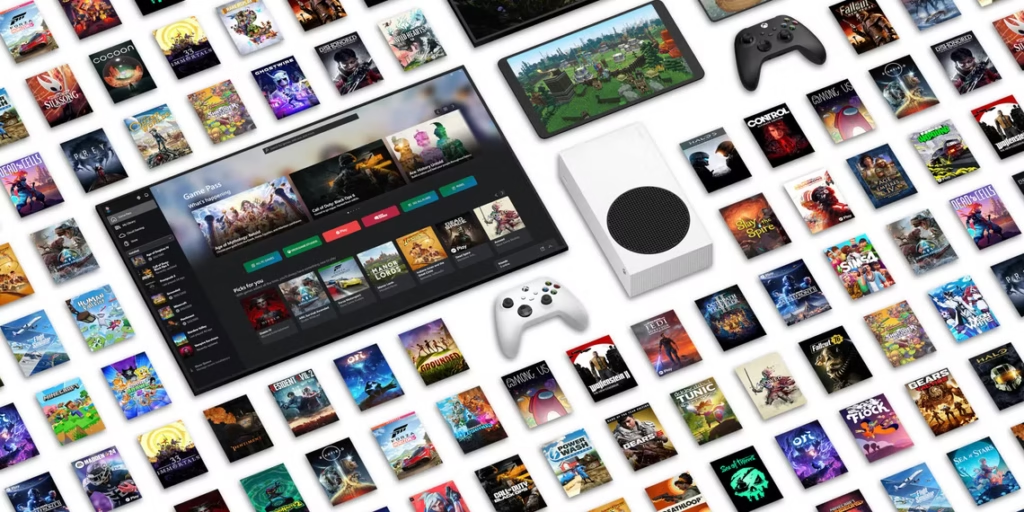For gamers, Xbox Game Pass is a great option, particularly if you don’t want to purchase a gaming PC or console. For a very small monthly fee, the subscription library is essentially the simplest method to have access to a vast number of titles in the vein of Netflix, and streaming options enable them to be accessed on devices ranging from laptops to virtual reality headsets. However, what is Microsoft’s investment in those games?
A lot. Over the past five years, the firm has spent more than $100 billion, acquiring publishers and developers from all around the industry, including Activision-Blizzard, Bethesda, and Mojang, the company that makes Minecraft. All of those transactions support Game Pass’s selection of games and streaming content. However, what about the video games that don’t fall inside Microsoft’s expanding purview? Similar to TV series or films that appear on streaming services, those need content agreements with other businesses before they can be viewed on Game Pass.
From a source Microsoft might not value, we’re learning some intriguing information about how those agreements proceed. Some employees are upgrading their resumes on LinkedIn, which is now owned by Microsoft, after the corporation slashed 9,000 staff, including major cuts to the Xbox and game sectors. Ian MacIntyre, a former Senior Business Development Manager, was observed by Windows Central doing just that.
He “negotiated 500+ deals ranging from $50k to over $50m, securing both indie hits and AAA titles for Game Pass,” according to MacIntyre. Naturally, it wasn’t stated exactly which deals for which games cost how much. However, when looking through the Game Pass library for games that aren’t owned by Microsoft directly through its publishers and developers, I come across recent RPG success Clair Obscur: Expedition 33, Ubisoft’s Rainbow 6: Siege, Rockstar’s Grand Theft Auto V, and Dead by Daylight. Popular but smaller games, such as the fast-paced soccer game Rematch, frequently receive a ton of exposure if they are released on Game Pass.
A reallocation of finances for AI competition was a major factor in the most recent round of layoffs, which resulted in the closure of studios and the cancellation of long-running gaming projects like Perfect Dark. This year, Microsoft has let go of 15,000 employees. Since 2021, it has generated annual profits of more than $100 billion.
PC gaming has never been more popular, and Microsoft’s efforts to attract and retain Game Pass customers seem to be paying off, despite the company’s struggles to keep its Xbox console hardware relevant. As of 2024, the firm reported 34 million members, and it is forming branding alliances to extend the “Xbox” name to products such as the Meta Quest headset and the Asus ROG Ally.
It’s difficult to determine how Game Pass is impacting the industry as a whole, particularly the “cannibalization” of direct retail sales for titles that are available on Game Pass at launch, without a deeper understanding of Microsoft’s financial data. Despite criticism from certain industry insiders that the concept is unsustainable, Microsoft maintains that Game Pass is lucrative, especially when taking into consideration the direct sales that are lost from popular games.
